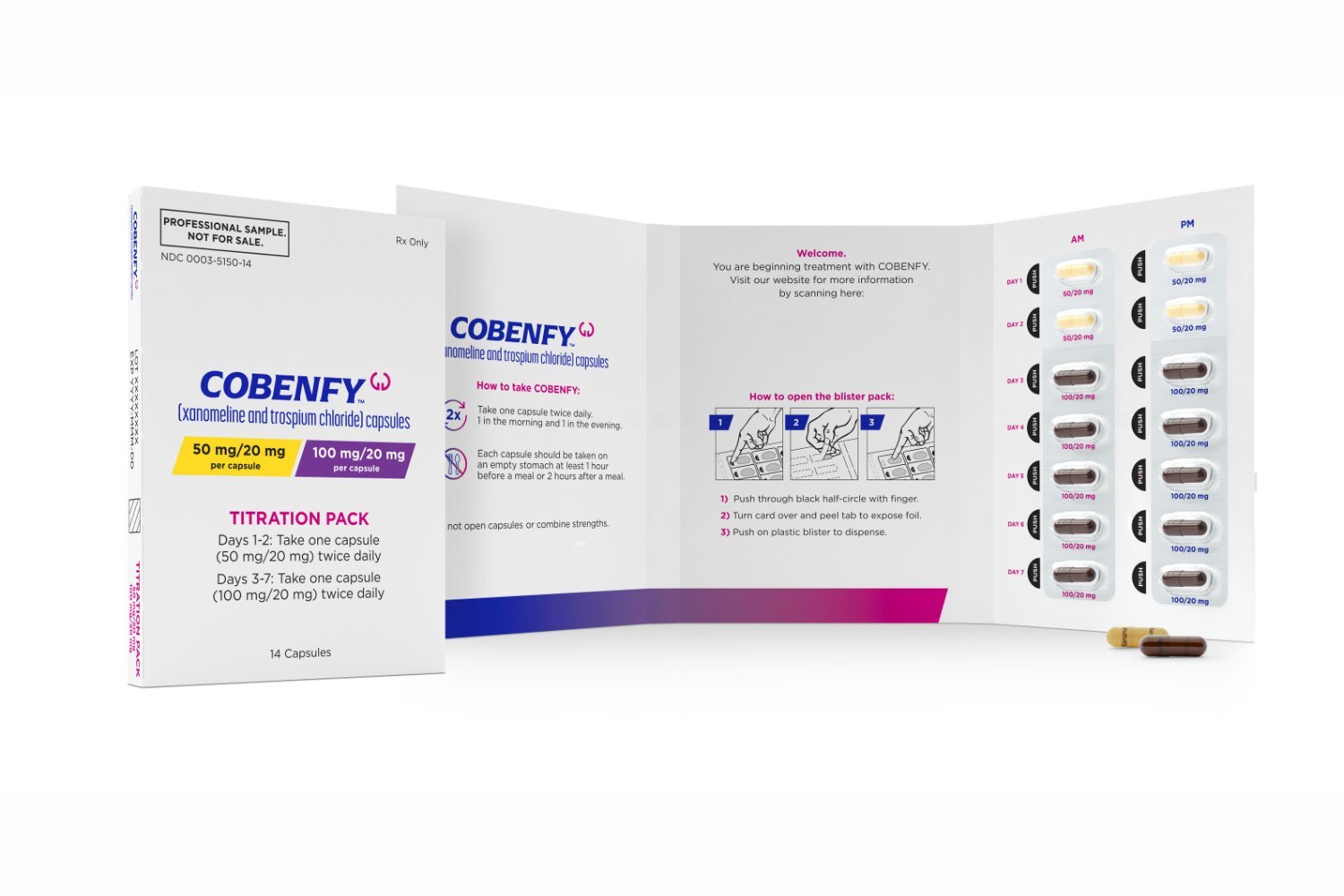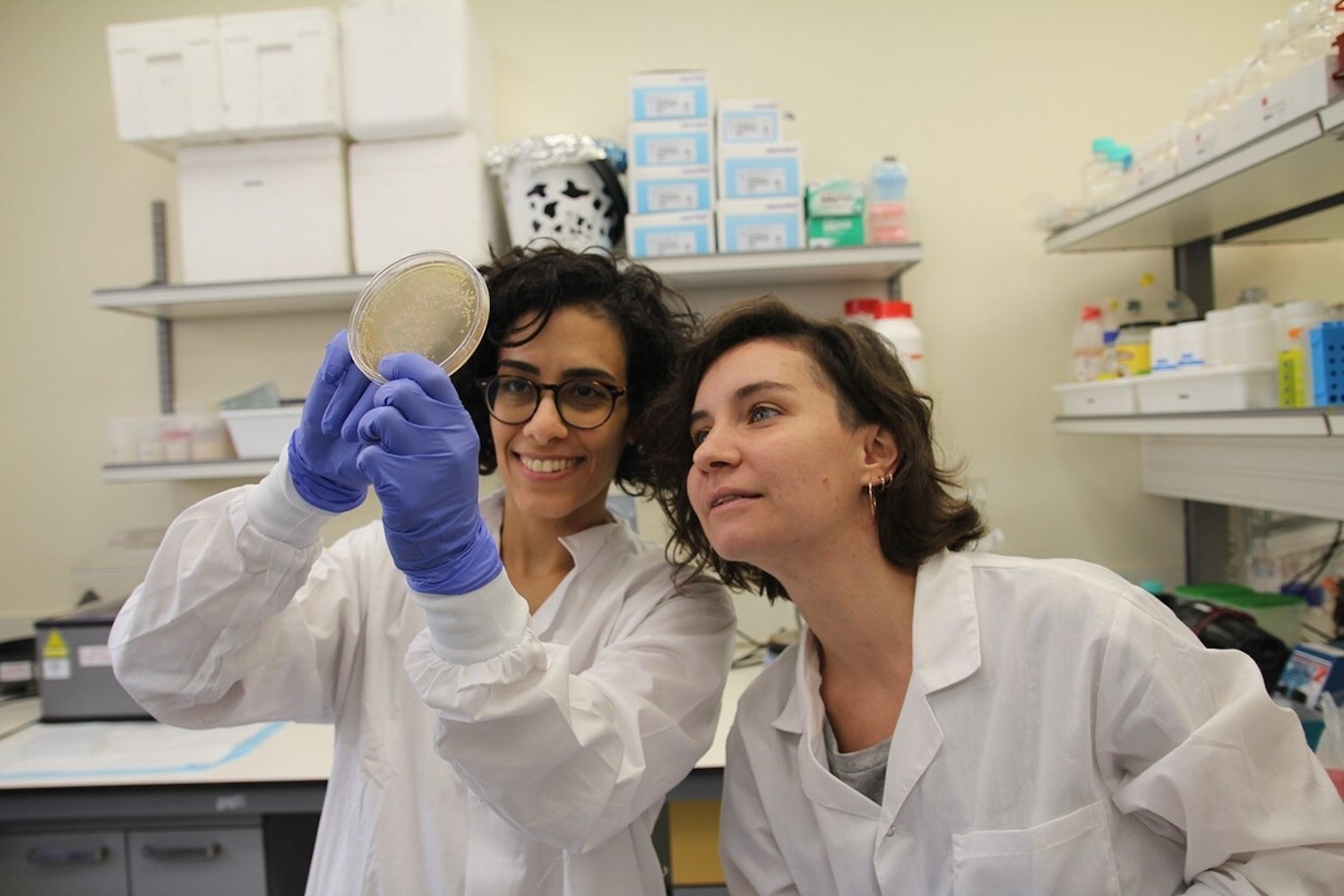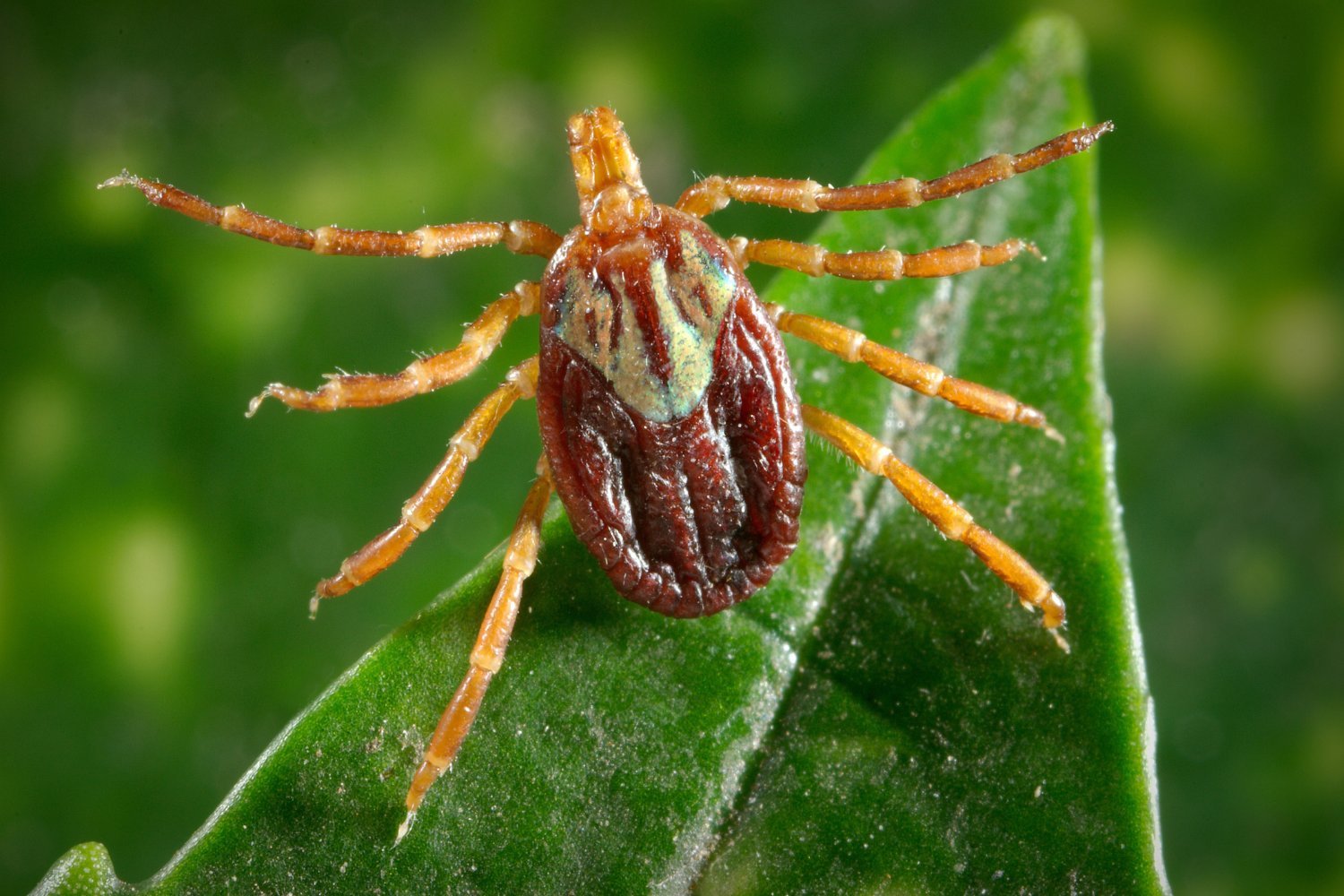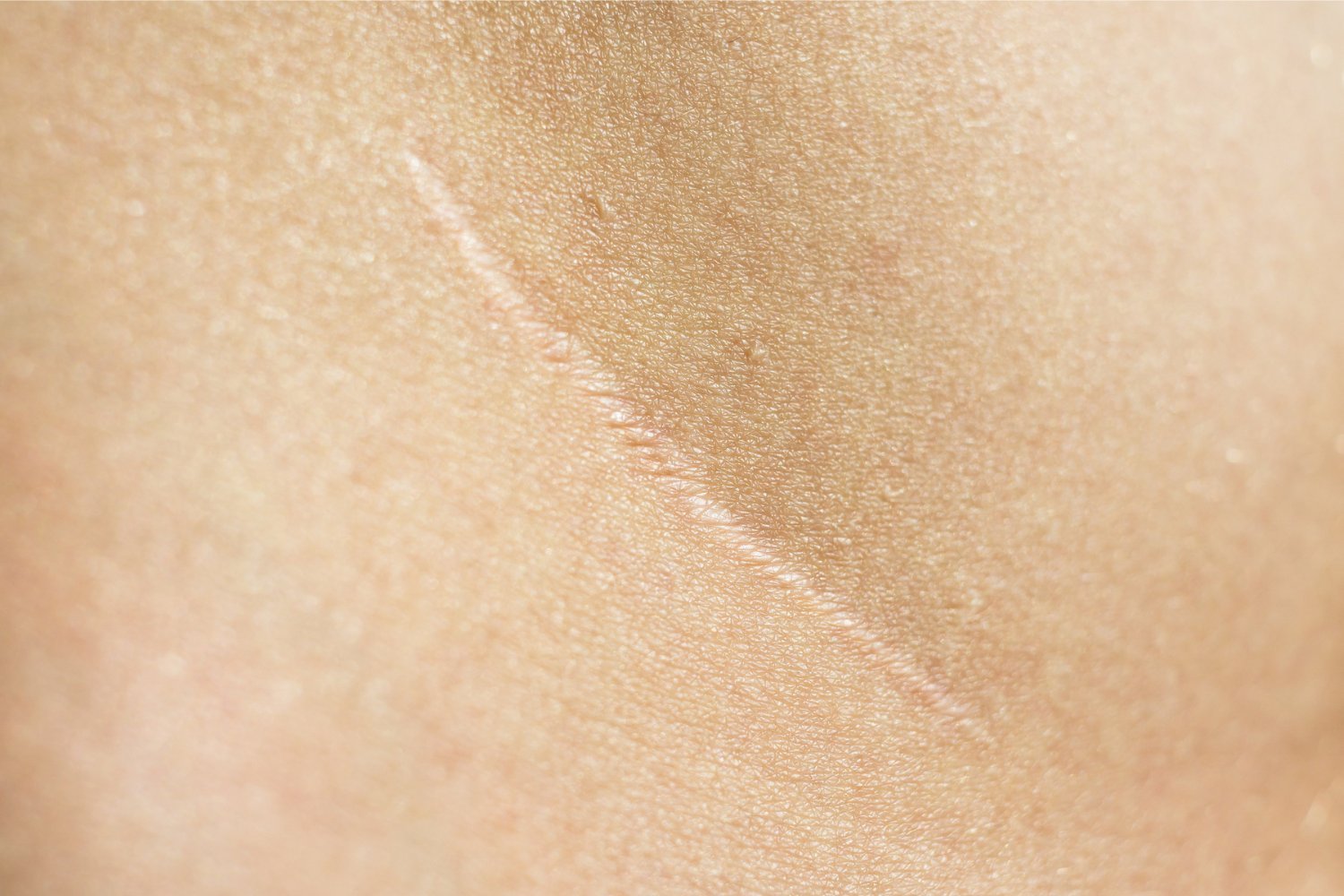Mifepristone, a drug widely known for its use in medical abortions, has demonstrated potential anti-aging effects in a recent study conducted on fruit flies. This research, while promising, requires further investigation in humans to confirm these findings and explore the potential applications for human aging. Mifepristone, a synthetic steroid, has a long history of safe use in humans for various medical conditions, including the treatment of endometritis, uterine fibroids, and Cushing’s disease. This new research adds another layer to the potential uses of this drug.
Mifepristone vs. Rapamycin: A Comparison in Fruit Flies
Researchers at the University of Southern California compared the effects of mifepristone on female fruit flies (Drosophila) with rapamycin, an immunosuppressant also known for its potential anti-aging properties. Both drugs, when administered individually, increased the flies’ lifespan. Mifepristone, however, showed a slightly stronger effect, extending lifespan by a median of 114% compared to rapamycin’s 81%.
Interestingly, when both drugs were administered together, the flies’ lifespan was actually slightly shorter than normal. This suggests that both drugs likely work through a similar mechanism to promote longevity. Further experiments indicated that this mechanism involves improving mitophagy – the cellular process of removing damaged or dysfunctional mitochondria. Mitochondria, the powerhouses of cells, play a crucial role in energy production, and their decline with age is linked to various age-related health issues.
Mitophagy: The Key to Longevity?
The study, published in the journal Fly, suggests that both mifepristone and rapamycin enhance mitophagy, thereby contributing to increased lifespan in fruit flies. The ability of cells to efficiently clear out damaged mitochondria is essential for maintaining cellular health and function, and this research points towards a potential avenue for targeting age-related decline.
From Flies to Humans: The Next Steps
While these findings are intriguing, it’s important to remember that fruit flies are not humans. Further research is crucial to determine whether these anti-aging effects translate to humans. Previous studies have shown that rapamycin can improve markers of aging in humans, and it is currently being tested in clinical trials. Given mifepristone’s affordability and established safety profile, exploring its anti-aging potential in humans seems like a logical next step.
The Future of Anti-Aging Research
This research contributes to a growing body of evidence suggesting that existing drugs may hold untapped potential for addressing age-related decline. The ongoing research on both mifepristone and rapamycin could pave the way for the development of new drugs that target mitochondrial health and promote healthy aging. Other drugs, such as metformin, a diabetes and weight loss medication, are also being investigated for their potential anti-aging effects, further highlighting the exciting possibilities in this field.
In conclusion, the study on mifepristone’s anti-aging effects in fruit flies offers promising insights into potential therapeutic strategies for age-related decline. Further research is needed to translate these findings to humans and unlock the full potential of these discoveries.











